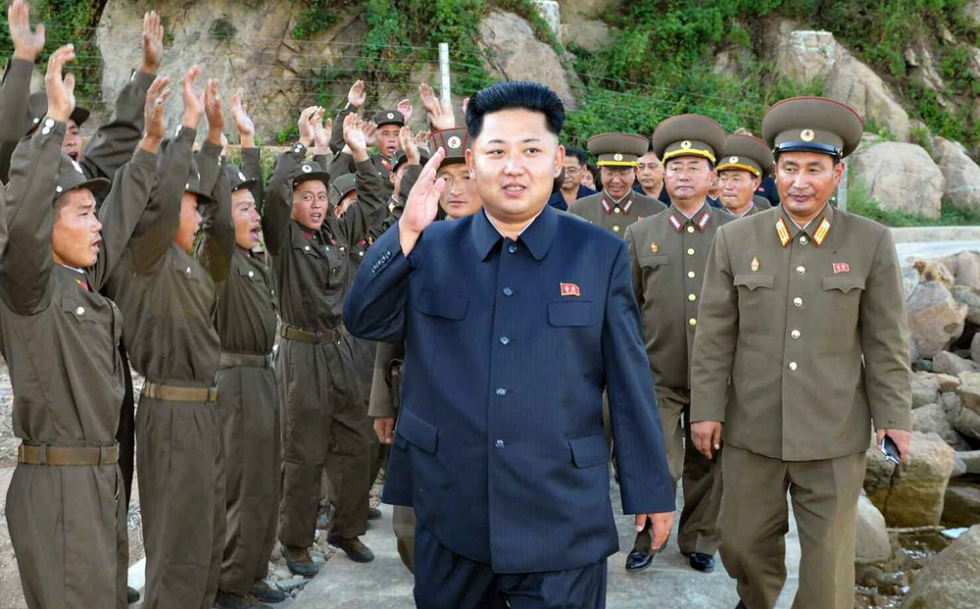
North Korea’s actions in the cyber attack on Sony are a First Amendment issue. While the First Amendment seems limited in its scope, it does not exist in a vacuum. It is part and parcel of the entire Constitution. All Amendments work in tandem with the overarching purpose of the Constitution, which is to protect Americans on the homeland as well as to protect them from foreign invasion and foreign interference with any of the rights promised therein. The preamble states clearly that the U.S. will “provide for the common defence, promote the general Welfare, and secure the Blessings of Liberty to ourselves and our Posterity.” Surely North Korea has just removed, by its actions, our liberties. It is an attack that should not be taken lightly.
North Korea ordered the cyber terrorism attack on Sony and effectively shut down the release of the movie The Interview because North Koreans did not like the film as it poked fun at their leader, Kim Jong-un. This is a direct attack on the First Amendment and the Constitution as a whole because it stems from cyber invasion by a foreign government.
Article IV, Section 4 of the Constitution states “The United States shall guarantee to every State in this Union a Republican Form of Government, and shall protect each of them against invasion.” The First Amendment promises the right to free speech and states Congress shall make no law prohibiting it. While the First Amendment does not specifically state “…nor shall foreign governments or congresses prohibit Americans from free speech,” that right is covered under the umbrella of rights promised in the main body of the Constitution.
The whole purpose of the U.S. Constitution is to further guarantee the right outlined in the Declaration of Independence: “life, liberty and the pursuit of happiness.” Obviously if a foreign government attacks us and removes any of our liberties via their actions, then they have declared war on the Declaration of Independence, the Constitution as a whole, and, in this particular case, on the First Amendment specifically.
To those who say “it’s Sony’s decision” so that means it is not a First Amendment issue: by that logic, if a foreign government physically invades our country and threatens to place bombs in a private business, and the business evacuates its employees, would it be the fault of the business for ordering the evacuation? Of course not. It is the fault of the country who invaded!
Is it the “virtual” nature of the invasion that is blinding people to the severity of this act of war on North Korea’s part?
Alan Dershowitz, an expert in Constitutional law, states that North Korea’s actions are “war on the First Amendment” and “Pearl Harbor on the First Amendment.” Although Dershowitz is highly schooled in the mechanics of the Constitution and how its protections affect Americans, there are some who disagree. However, those who say that North Korea’s actions are not a First Amendment issue are perhaps not familiar with Constitutional law or the protections contained in the document and how those protections work. North Korea has performed an act of war on the United States and has indeed invaded the United States. The United States should respond in kind.















